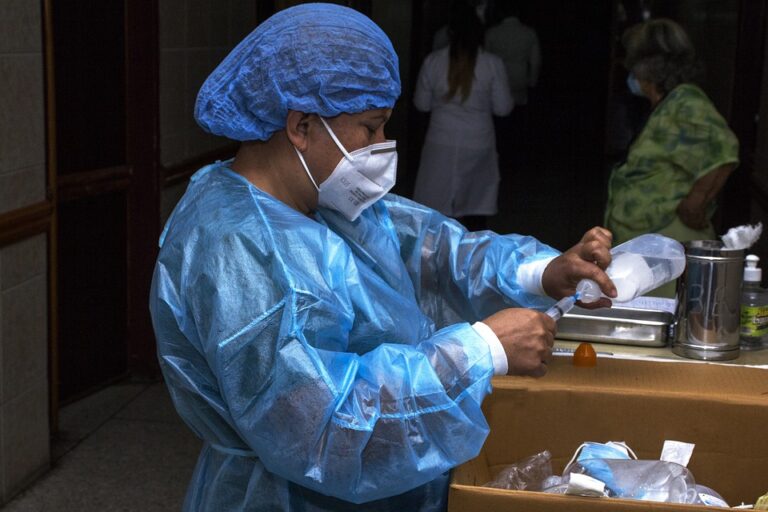Book Appointment Now

Inter-Departmental Collaboration in Healthcare
In times of crisis, whether due to natural disasters, pandemics, or sudden surges in patient volume, healthcare facilities are often stretched to their limits. Effective inter-departmental collaboration in healthcare is essential to ensure that all areas of the facility can continue to operate efficiently and that patient care remains uncompromised.
Do you need essay writing help about inter-departmental collaboration in nursing? ![]()
The Importance of Collaboration in Crisis Management
Crisis management in healthcare requires a coordinated effort from all departments within a facility. This collaboration ensures that resources are allocated where they are most needed, staff are appropriately deployed, and critical decisions are made swiftly. By working together, departments can share expertise, manpower, and resources to handle the increased demands that crises impose on the healthcare system.
Inter-departmental collaboration also fosters a sense of unity and shared purpose among healthcare workers, which is crucial for maintaining morale and resilience during challenging times.
Read also: How hospitals Can Improve Crisis Management When Tragedy Strikes
Strategies for Effective Inter-Departmental Collaboration
Effective collaborative strategies during healthcare crises involve clear communication, defined roles, and a flexible approach to problem-solving. One of the most important aspects of collaboration is establishing a central command structure that oversees and coordinates efforts across departments. This structure helps streamline decision-making and ensures that all departments are aligned in their response to the crisis.
Additionally, regular training and simulations of crisis scenarios can help prepare departments for real-life emergencies. These exercises allow staff to practice working together, identify potential weaknesses in the collaboration process, and refine their strategies for improved response times and outcomes.
Enhancing Departmental Cooperation During Emergencies
During a crisis, departmental cooperation during emergencies can make the difference between a successful response and a situation spiraling out of control. Departments such as emergency services, critical care, and logistics must work closely to manage patient flow, resource allocation, and staff assignments. Collaboration between these departments is critical for ensuring that patients receive timely care, that there are sufficient supplies and equipment, and that all areas of the facility are adequately staffed.
In addition to formal strategies, fostering a culture of teamwork and mutual support across departments is vital. Encouraging open communication, recognizing the contributions of different teams, and providing opportunities for cross-departmental learning can enhance collaboration and strengthen the overall response during crises.
Challenges in Implementing Inter-Departmental Collaboration
Despite the clear benefits, implementing effective crisis coverage in hospitals through inter-departmental collaboration can be challenging. Differences in departmental priorities, communication barriers, and a lack of standardized protocols can hinder the collaboration process. Addressing these challenges requires strong leadership, a commitment to continuous improvement, and the willingness to adapt and innovate.
To overcome these challenges, healthcare facilities must invest in building strong relationships between departments, ensuring that all staff members understand the importance of collaboration and have the tools and training needed to work together effectively.
Inter-departmental collaboration in healthcare is a critical component of successful crisis management. By fostering strong communication, cooperation, and teamwork across all departments, healthcare facilities can ensure that they are well-prepared to handle any crisis that comes their way. Through effective collaboration, healthcare providers can continue to deliver high-quality care, even in the most challenging of circumstances.
Read also:
- Crisis In The Health Care Assignment
- The Role of Education in Developing Nurse Leaders
- Health within community crisis assignment
- Emergency and Crisis Management Stakeholders Assignment




